Food Assistance and Well-being Program Evaluation
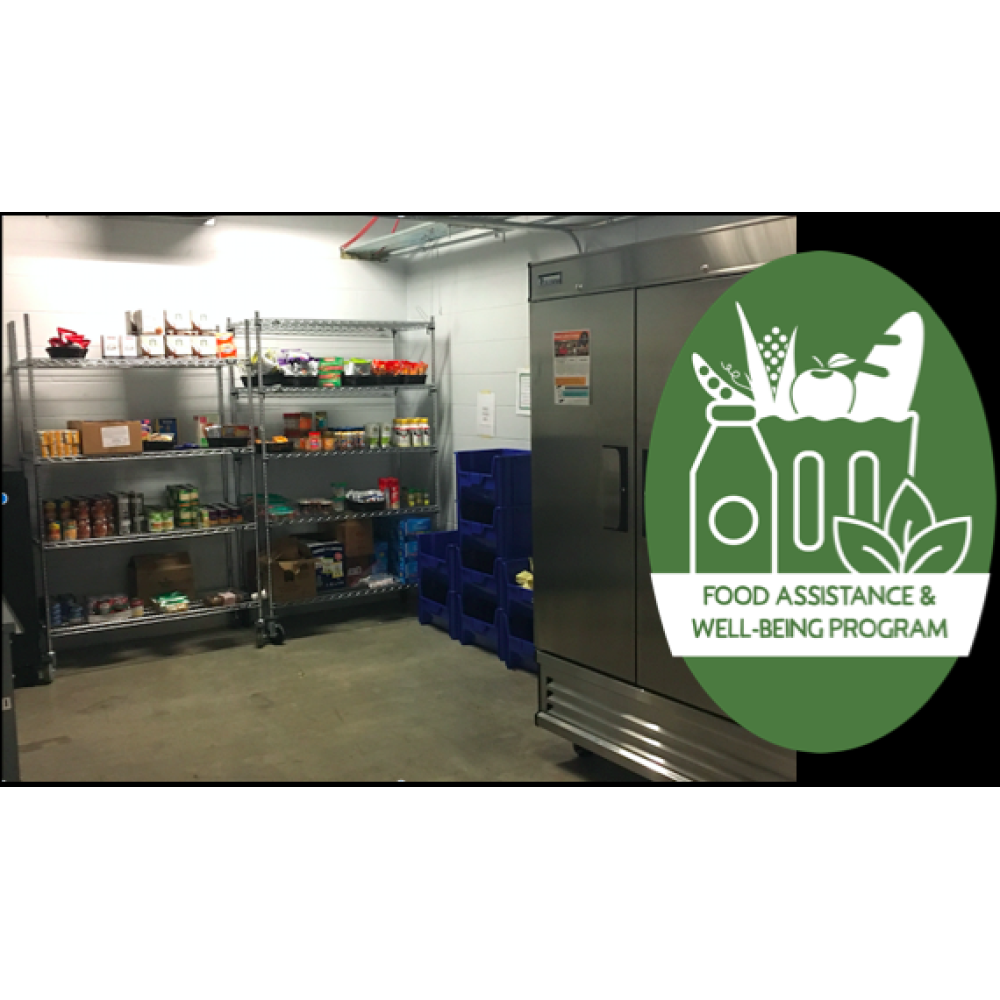
One way to mitigate food insecurity on our campus is by offering a food pantry, Food Assistance and Well-being Program (FAWBP). To determine whether the food pantry is sustainable, our lab is conducting a cost-benefit analysis of the new campus food pantry. FAWBP is a satellite location of the Wesley Food Pantry located in the Activities and Recreation Center (ARC) and serves students affected by food insecurity. Collaborators include the Wellness Program at the ARC and Dr. Brenna Ellison.
MealSim
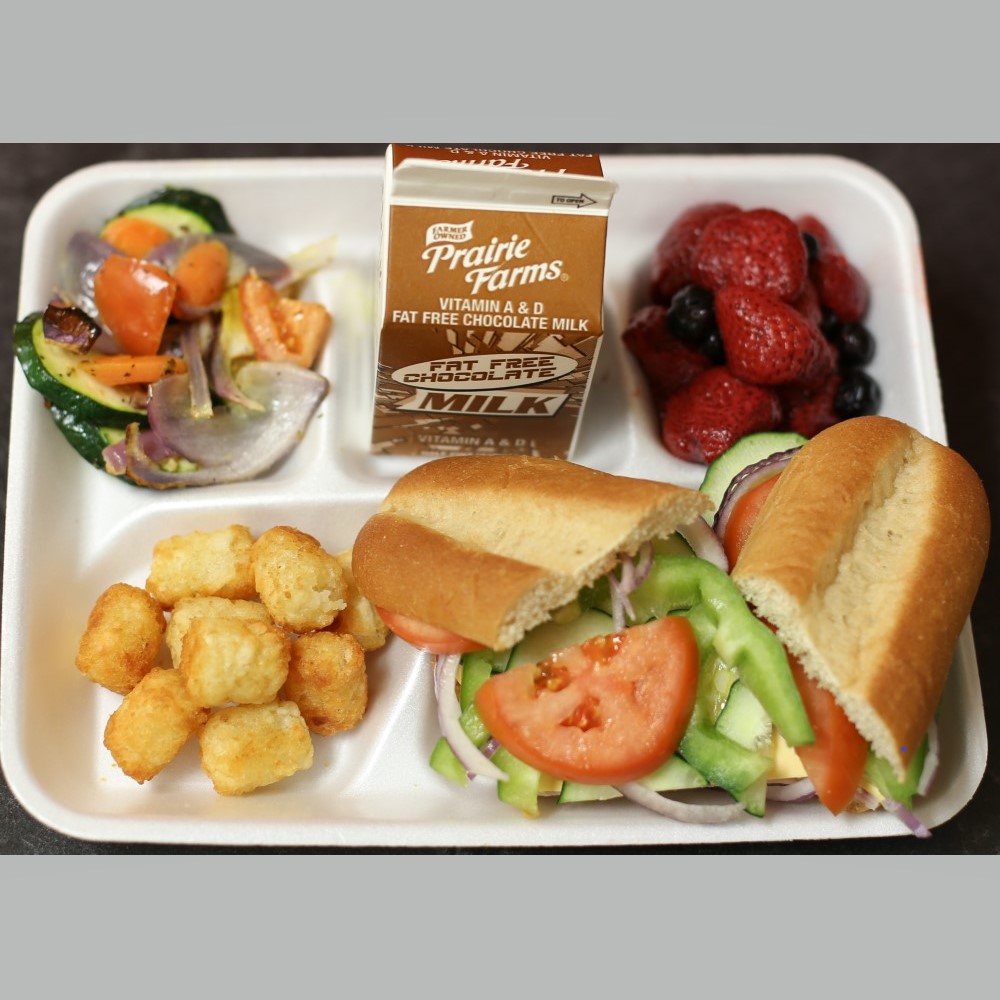
The goal of this project is to empower K-12 school nutrition directors with evidence-based strategies specific to their institution to improve student fruit and vegetable consumption while decreasing food waste through the development and evaluation of a school meal systems agent-based model simulation tool.
Nourish

The goal of Nourish is to develop an interactive cooking curriculum for SNAP-eligible families focused on building skills to promote improv cooking, rather than following a recipe. Participants will receive motivational support and hands-on food preparation and tasting opportunities to increase their self-confidence in the kitchen, financial literacy in the grocery aisles, and familiarity with a variety of healthy food items.
Policy, Systems, & Environmental change strategies in the school cafeteria
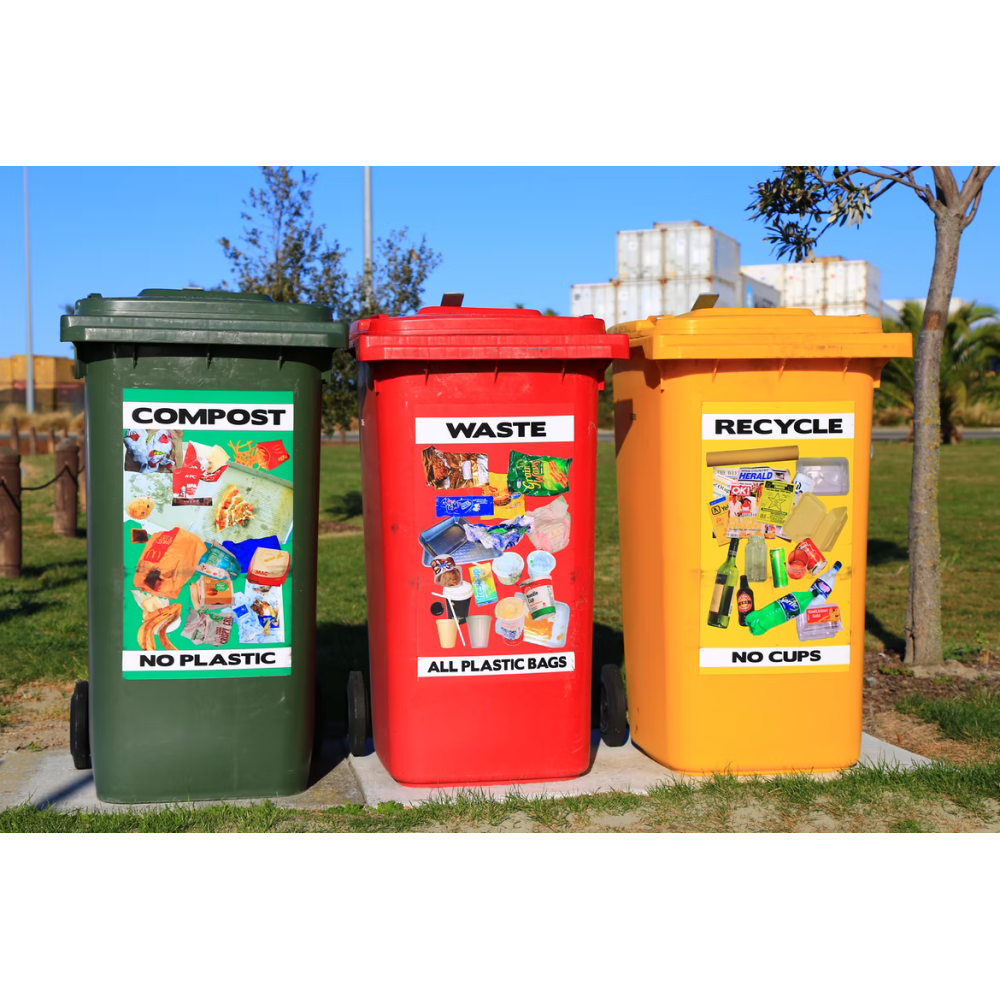
Our lab is collaborating with Illinois Extension to develop an environmental assessment tool for schools to assess the food environment school cafeterias, with a focus on PSE change strategies to promote improved diet quality and waste reduction.
Share Table Optimization Project
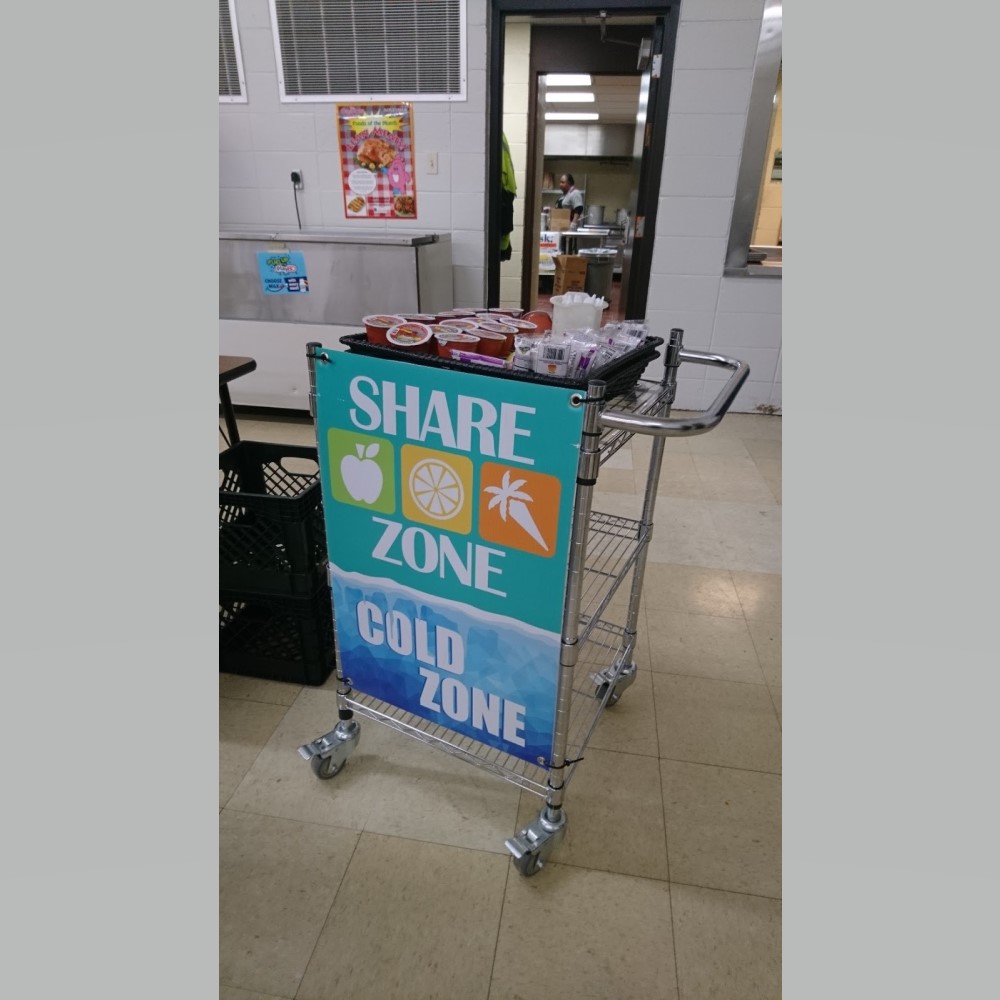
Share tables are utilized in some schools for students to leave uneaten/unopened foods or beverage items to be redistributed for other students, donation, re-service, or used as a cooked ingredient in future meals. We have conducted qualitative interviews with local health inspectors to understand perceived safety risks of school food recovery, and our food microbiologist collaborators have conducted a quantitative microbial risk assessment to identify risk mitigation strategies. Based on these findings, we are preparing to pilot share table implementation across 6 Midwestern states in collaboration with SNAP-Ed programs with a focus on food safety and implementation science metrics, such as feasibility and acceptability of school nutrition staff.
Spicing up vegetables
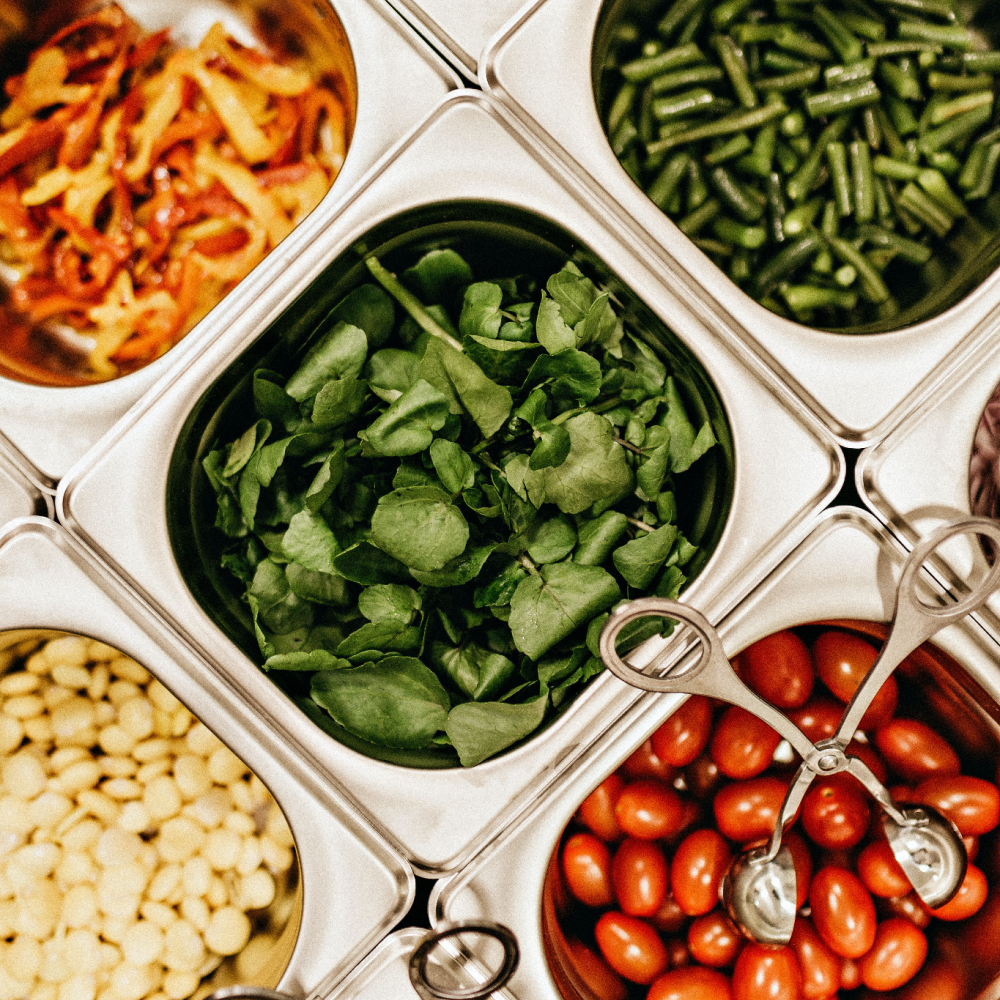
Our team is investigating the potential of incorporating spicy vegetables into school nutrition programs as a means to improve vegetable consumption and increase the cultural relevance of vegetables served in school lunches.
Using citizen science and positive deviance to address household food waste
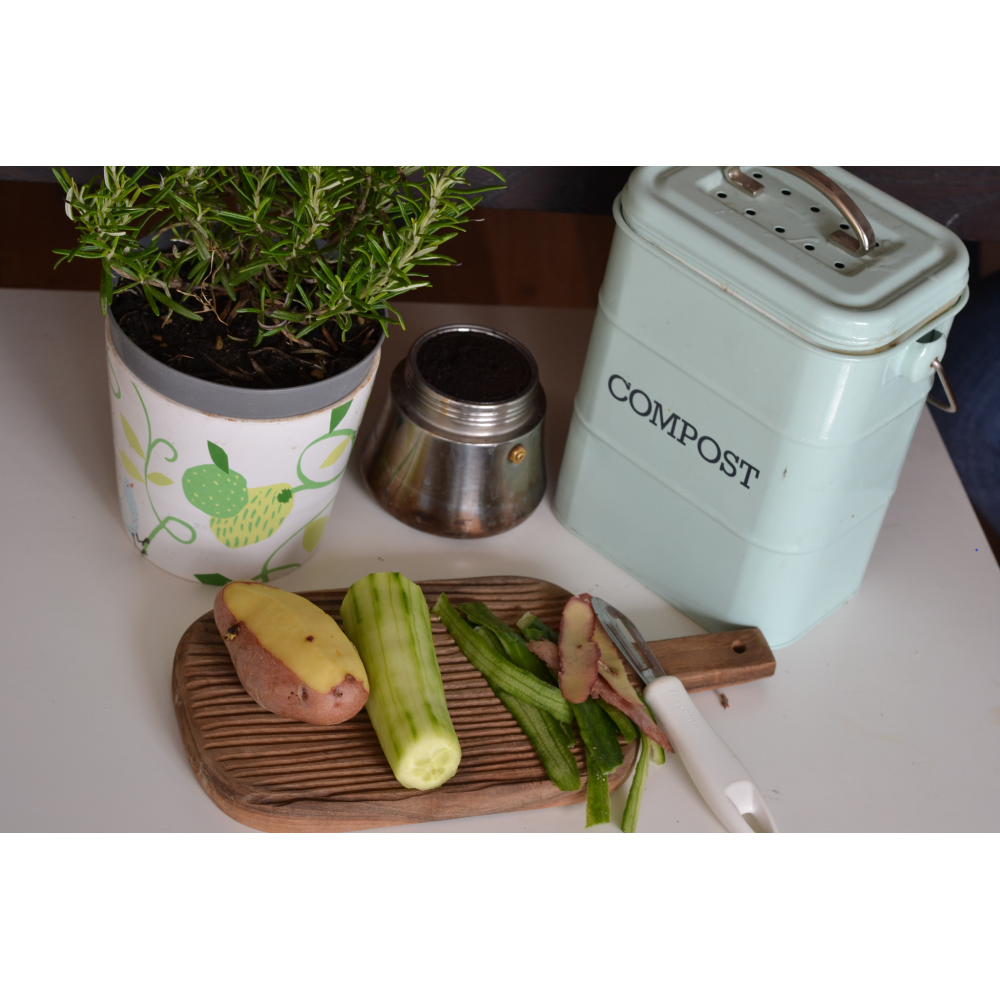
Our team is studying food waste mitigation strategies used by self-identified food conservers in an effort to identify feasible and acceptable strategies that can be adopted across U.S. households. This project involves collaborating with citizen scientists to develop, test, monitor, and disseminate strategies to mitigate waste and promote environmental sustainability.